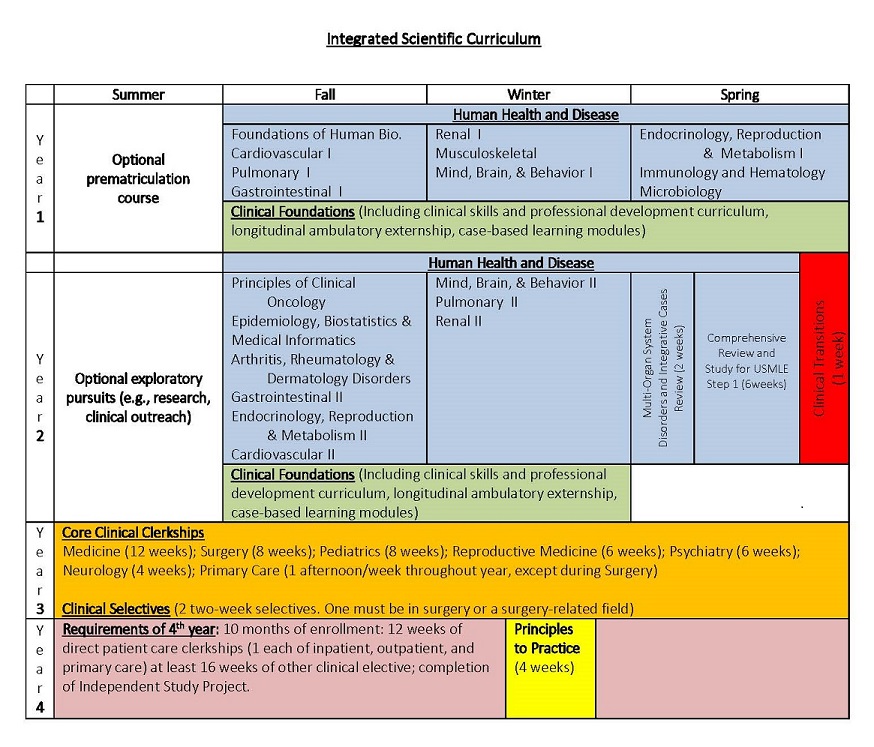- Joined
- Sep 16, 2013
- Messages
- 4,541
- Reaction score
- 5,933
I'm curious about your thoughts regarding an abbreviated pre-clinical curriculum and if it influences (or has influenced) your decision when choosing a med school. Schools with a one year pre-clerkship structure include Vanderbilt, Duke, Michigan, and Harvard (let me know if I'm missing any schools).
Baylor, Cornell, NYU, SUNY-Downstate, Penn, UNC, UA-Phoenix, UVA, Columbia, (Hopkins?), Stonybrook, Vermont, Yale, Case, and UCSF (again, please let me know if I'm missing any schools) have a 1.5 year pre-clinical curriculum.
Edit: It's an anonymous poll.
Baylor, Cornell, NYU, SUNY-Downstate, Penn, UNC, UA-Phoenix, UVA, Columbia, (Hopkins?), Stonybrook, Vermont, Yale, Case, and UCSF (again, please let me know if I'm missing any schools) have a 1.5 year pre-clinical curriculum.
Edit: It's an anonymous poll.
Last edited:

